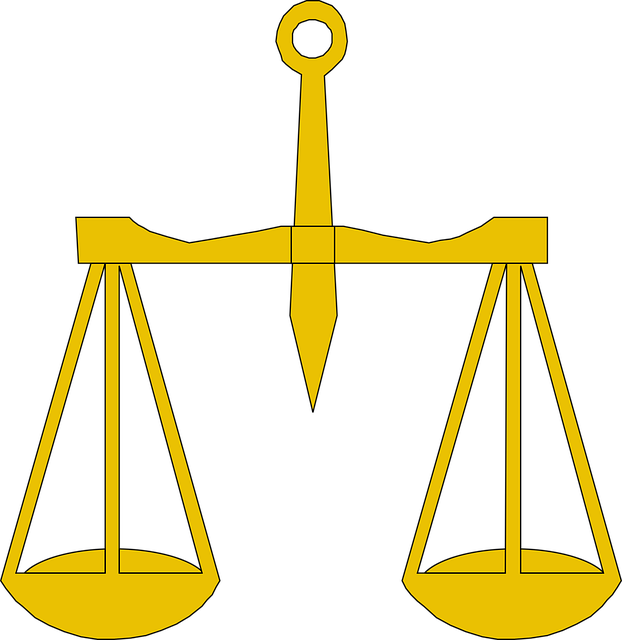Securities class actions are legal tools where investors collectively sue for fraudulent securities activities, seeking compensation from class action lawsuits to counter corporate defenses and promote transparency. The process involves identifying rights, filing a complaint, pretrial litigation, and potential out-of-court settlements, avoiding lengthy trials. These lawsuits offer substantial monetary relief, deter future fraud, restore market trust, and encourage ethical business practices.
Securities Class Actions: Empowering Investors, Ensuring Justice. Uncover the intricate world of class action lawsuits focused on securities fraud. Learn how these collective legal efforts protect investors and drive compensation from wrongdoings. This article navigates the process—from understanding the legal framework to filing and resolving cases—highlighting their impact in holding accountable those who violate investor rights. Discover how class actions facilitate fair compensation for victims, fostering a robust and transparent financial landscape.
- Understanding Securities Class Actions
- The Process of Filing and Resolving
- Compensating Victims Through Class Action Lawsuits
Understanding Securities Class Actions
Securities class actions are a type of lawsuit where investors come together to hold accountable companies and individuals who have engaged in fraudulent or illegal activities related to securities. These legal proceedings can result in significant compensation from class action lawsuits, providing a means of redress for victims of financial misconduct. By pooling resources and sharing legal expenses, affected investors gain leverage against powerful corporations and their white-collar defense strategies.
In high-stakes cases, the stakes are high, with millions or even billions of dollars at risk. Class actions serve as a crucial mechanism to ensure that wrongdoers are held responsible for their actions and that investors receive fair compensation. This collective approach not only punishes fraudulent behavior but also promotes transparency and accountability in the financial markets.
The Process of Filing and Resolving
The process of filing a securities class action lawsuit involves several key steps. First, potential plaintiffs must identify and understand their legal rights, often with the help of experienced attorneys who can guide them through the complexities of such cases. Once determined, they file a complaint with the appropriate court, alleging violations of federal or state securities laws by specific companies or individuals. This initial step is crucial for gathering evidence and defining the scope of the potential settlement.
After filing, the case undergoes various stages of pretrial litigation. This includes extensive document discovery, depositions, and motions to dismiss or consolidate. As the process unfolds, many cases may be settled out of court through negotiations between attorneys representing the class and defendants, aiming to provide compensation from class action lawsuits for harmed investors. Resolving these matters efficiently can help avoid the lengthy and costly trial process while ensuring that respective business entities are held accountable for their actions and providing fair compensation for clients affected by securities violations.
Compensating Victims Through Class Action Lawsuits
Class action lawsuits have emerged as a powerful tool to hold accountable those responsible for securities fraud and other financial misconduct. One of the key benefits of this legal approach is the ability to provide compensation from class action lawsuits to victims who may have been wrongly affected by such actions. These cases often result in significant monetary settlements, which can offer much-needed relief to individuals and entities that have suffered financial losses due to corporate malfeasance.
By participating in a class action, victims can collectively seek justice and recover damages without the burden of individual legal proceedings. This collective action not only ensures fair compensation from class action lawsuits but also serves as a deterrent for future instances of securities fraud. Moreover, it helps restore trust in financial markets by demonstrating that wrongdoers cannot escape accountability, thereby encouraging ethical business practices across the country and preventing white-collar and economic crimes.
Securities class actions play a vital role in holding companies accountable for misconduct, ensuring justice, and providing compensation from class action lawsuits for affected investors. By understanding the process, from recognizing violations to resolving cases through settlements or trials, these lawsuits empower individuals to take collective action against corporate wrongdoings. This article has explored the mechanics of securities class actions, highlighting their significance in maintaining fair market practices and offering a path to recovery for victims through compensation from class action lawsuits.






